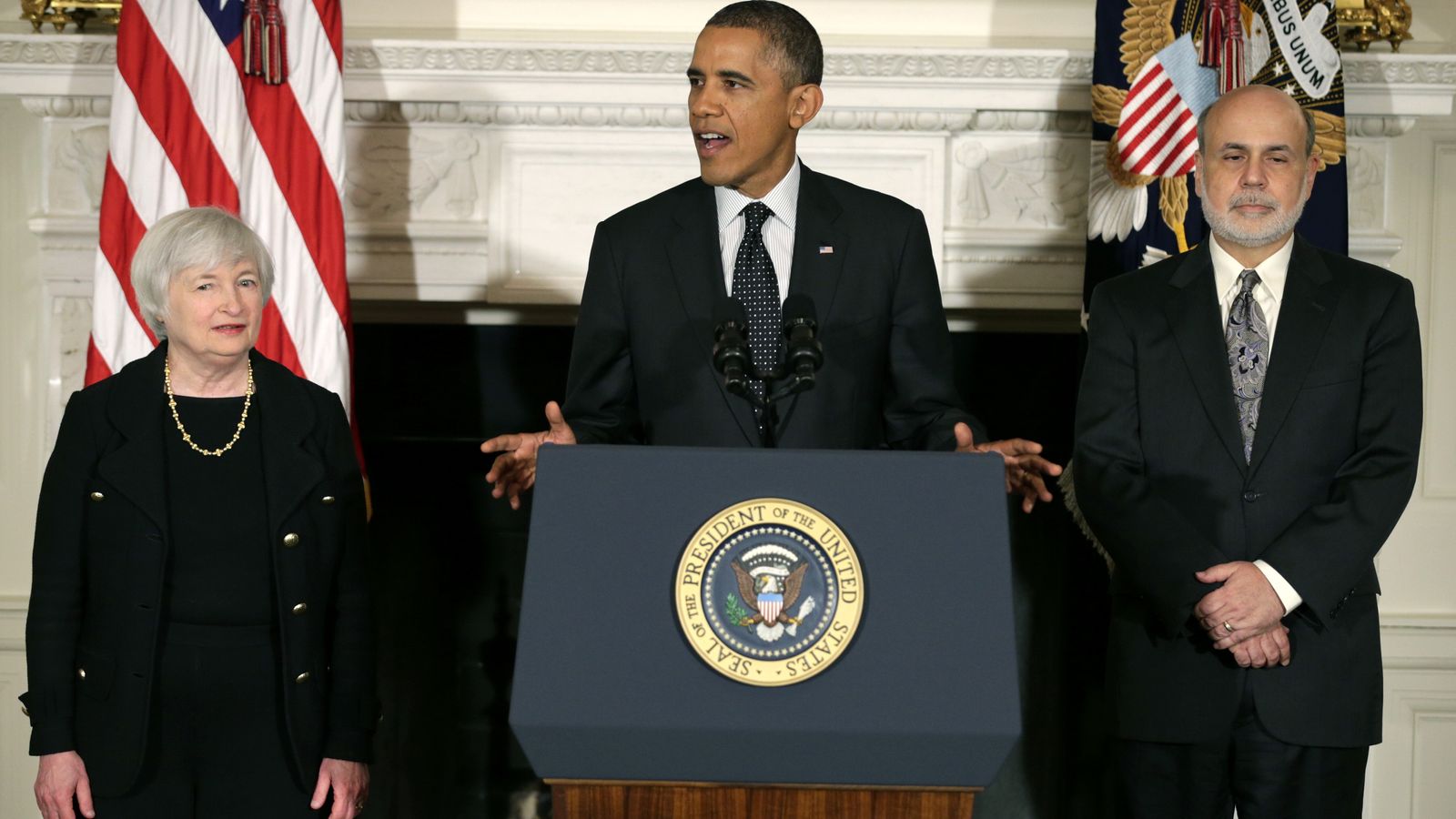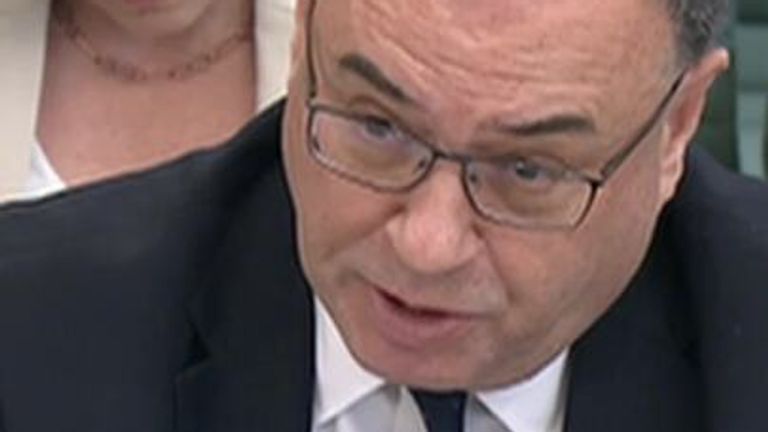Ben Bernanke, the former chair of the US central bank, is to lead a review of the Bank of England’s forecasting amid criticism of its handling of the cost of living crisis.
Dr Bernanke, who steered the world’s largest economy through the financial crisis of 2008 while at the helm of the Federal Reserve, is due to report back in the spring.
“The review aims to develop and strengthen the Bank’s support for the Monetary Policy Committee’s (MPC’s) approach to forecasting and monetary policy making in times of uncertainty”, the Bank said in a statement.
MPs have criticised its failure to forecast the scale of last year’s surge in inflation, which ultimately hit a 41-year high of 11.1%, with the headline rate remaining well above its 2% target and proving stubborn to bring down since.
Bank governor Andrew Bailey admitted in May there were “very big lessons” to learn about how the central bank had dealt with the economic shocks of recent times.
He said of the appointment: “Dr Bernanke is a renowned and award winning economist whose distinguished career makes him the ideal person to lead this review.
“The UK economy has faced a series of unprecedented and unpredictable shocks. The review will allow us to take a step back and reflect on where our processes need to adapt to a world in which we increasingly face significant uncertainty.”
Dr Bernanke, who was Fed chair from 2006-2014, said he was “delighted” to have been given the role.
“Forecasts are an important tool for central banks to assess the economic outlook”, he said.
“But it is right to review the design and use of forecasts and their role in policymaking, in light of major economic shocks.”
Dr Bernanke, who was awarded the Nobel memorial prize in economics in 2022, will be assisted by the BoE’s internal review unit.
Their work is due to start this summer but not before the Bank’s next interest rate decision which is due on Wednesday.
Financial markets and economists widely expect a 0.25 percentage point hike to be imposed in the Bank’s continuing battle against inflation which began in December 2021.
There have been 13 consecutive rate rises to date.
More recent concerns for the MPC have included the pace of wage rises which, it fears, are putting upwards pressure on inflation.
At the same time as the interest rate decision, the latest forecasts by the bank’s staff will be outlined in the latest Monetary Policy Report.

